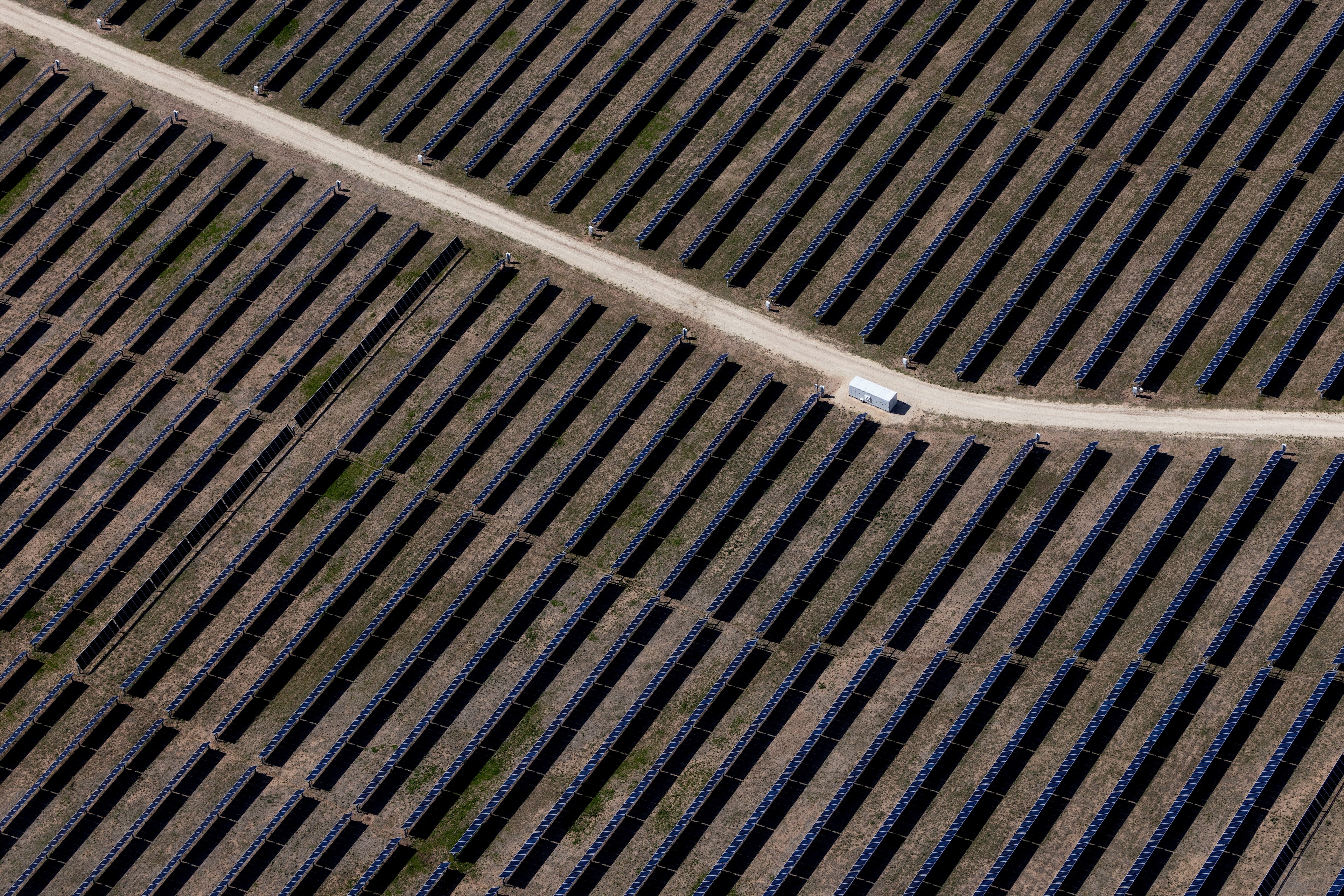Stopping marine plastic pollution from rivers requires efficient and cost-effective technologies

The majority of marine plastic enters the oceans through Asian rivers.
Image: HBLC Marketing/Plastic Fischer
Stay up to date:
UpLink
Listen to the article
- 8-12 Million tons of plastic enter the oceans every year - one truckload per minute
- The majority of marine plastic enters the ocean through Asian rivers
- Plastic production is estimated to quadruple by 2050
- Plastic Fischer has been selected as an UpLink Top Innovator for the Global Plastic Innovation Network and is tackling marine plastic pollution already in rivers
Currently, the 9th Annual World Ocean Summit is happening virtually and for free. High level speakers from politics, corporates, NGO’s, and other initiatives address several challenges that our oceans are facing. One of them is that more and more plastic enters our oceans.
Around 350 million tons of plastic are being produced every year. A lot of this plastic is sold and used in low-income countries where many people pay the so-called poverty tax: people with low financial means can't purchase larger quantities of groceries and benefit from volume discounts. Often the only possibility is to buy food, hygiene products, and other necessities in very small quantities which are sold in sachets. This packaging consists of multilayer-flexible plastic - a mixture of different plastic and aluminium components which is basically not recyclable - or in other words: worthless.
The single-use plastic is then often thrown away into the environment or openly burned (in the backyard or on the streets) as most low-income countries have almost no waste management infrastructure.

To tackle marine plastic pollution, it is necessary to solve the problem as far ‘upstream’ as possible. This means prevention, reduction, increasing EPR regulations (Extended Producer Responsibility), raising environmental awareness and investing in waste management infrastructure and services..
Unfortunately, such an effort requires a lot of active stakeholders, and time. Great companies exist which tackle some of the issues. The Indonesian start-up Siklus Refill and the Chilean start-up Algramo tackle the poverty tax by providing refill stations and incentivising people to use their services and save money - and plastic! Despite their efforts, plastic and other garbage will continue to enter the oceans for quite a long time.
Where there is a river around, it is frequently used as a dumping ground to get rid of waste. Where rivers run dry in the dry season, empty river banks are filled with household waste. When the rainy season arrives, all the waste is flushed into the oceans, often including large and heavy items such as couches, fridges, and other inventory.

The German start-up Plastic Fischer was founded in 2019, after the three founders witnessed the pollution in the Mekong Delta in Vietnam. The social enterprise is one of the first companies worldwide to tackle marine plastic pollution already in rivers and identifies itself as an “3L Initiative” - Locally, Low-Tech, Low-Cost.
To collect environmental plastic in the most effective way, the company develops very simple technology in the place of operations while boosting the local economy. Avoiding any kind of imports saves time, money, and likely carbon while ensuring quick maintenance and repair.
Plastic Fischer employs locals on a full-time basis and provides fair salaries. This approach allows the start-up to operate at low-cost and provide an affordable end-to-end service. The technology was developed in 2019 and is called “TrashBoom” – a swimming barrier that stops the vast majority of floating plastic in rivers. To make it as easy as possible for everyone to take action, Plastic Fischer shared blueprints and construction manuals of the TrashBooms open source on its website.

To finance plastic waste removal, organisations and individuals around the world can finance the third-party-verified impact “per ton of plastic collected and processed”. Main sponsors are large corporations and environmentally conscious consumer facing brands, but also IT companies and marketing agencies which want to create an impact. It allows Plastic Fischer to efficiently stop plastic from entering the oceans in e.g. the Ganges in India or the Citarum in Indonesia. More information about one of Uplinks “Top Innovators” can be found on Plastic Fischer’s Website.
What is the World Economic Forum doing about plastic pollution?
Don't miss any update on this topic
Create a free account and access your personalized content collection with our latest publications and analyses.
License and Republishing
World Economic Forum articles may be republished in accordance with the Creative Commons Attribution-NonCommercial-NoDerivatives 4.0 International Public License, and in accordance with our Terms of Use.
The views expressed in this article are those of the author alone and not the World Economic Forum.
Forum Stories newsletter
Bringing you weekly curated insights and analysis on the global issues that matter.
More on Nature and BiodiversitySee all
Elena Raevskikh and Giovanna Di Mauro
July 23, 2025
Arunabha Ghosh and Jane Nelson
July 22, 2025
Sebastian Buckup and Beth Bovis
July 10, 2025





